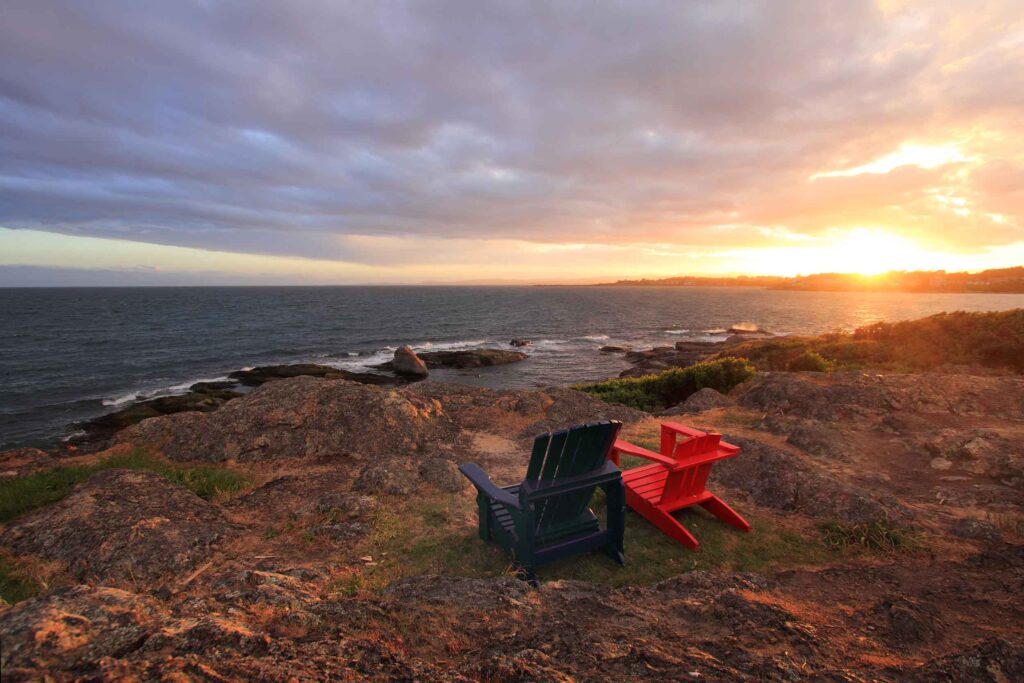The core objective of the MMBC PPP program is an environmental one – to maximize the recovery of PPP and maximize the recycling of what is recovered into new products and packaging.
Instinctively, one might think that including all printed paper and packaging in the collection system is a reasonable approach to maximizing recycling.
However, including all PPP materials in the collection system could have some serious unintended effects on the desired environmental outcome.
MMBC has proposed an initial list of materials to be collected across BC that comprises about 97% by weight of all the PPP supplied by stewards to BC residents.
This proposed list includes printed paper (newspapers and inserts, magazines, catalogues, telephone directories, other printed paper), paper packaging (corrugated cardboard, boxboard, kraft paper bags, molded pulp containers, polycoat cartons and cups, aseptic containers), most plastic packaging numbers 1 through 7, aluminum cans and foil, steel cans, spiral-wound cans and glass jars.
The proposed list does not include biodegradable plastic packaging, plastic laminates or paper/plastic laminates which in total comprise ~3% by weight of PPP supplied by stewards to BC residents.
Why are these materials proposed to be excluded from the initial collection list?
If the ~3% of currently non-recyclable packaging materials were to be included, these materials would be sent to disposal post-processing and their presence in the collection stream would also cross-contaminate the recyclable component of the collection stream resulting in an increased portion of that material also requiring post-processing disposal (i.e. as fuel or in landfill). Simply stated, including the materials not currently recyclable will result in an overall lower recycling rate than if those materials are excluded from the initial collection list.
It is important to note that while not included in the collection system, the materials supplied to BC residents that are currently not recyclable will bear a cost in the PPP Stewardship Plan. Stewards that supply types of PPP that are currently not recyclable and will not be included in the PPP Stewardship Plan collection system when the program launches in May 2014 will pay fees to cover research and development (R&D) to resolve technical and market capacity barriers so that the PPP that is currently not recyclable can be included in the collection system over time.
It is MMBC’s aspiration to eventually have all PPP supplied into BC households effectively collected and recycled.
In addition to setting the initial list of materials to be collected to deliver the best environmental outcome, it is equally important to optimize how materials are collected. As an example, plastic film (such as shopping bags and paper towel overwrap) can either be collected curbside or returned to depots.
While curbside collection of plastic film likely yields a higher collection rate, the commingling of film with other recyclable materials results in contamination of those materials during collection and only a portion of the film collected is effectively separated and recycled. The net outcome may be a higher curbside collection rate but a lower actual recycling rate for plastic film.
Conversely, collecting plastic film in depots may initially yield a lower collection rate but those collections will result in a separate, clean stream of plastic film that is eminently recyclable with minimal loss during processing. The overall outcome may be a lower collection rate but a higher overall plastic film recycling rate while avoiding contamination of other materials with plastic film. Over time, with resident awareness and education, it is expected that the depot collection rate for film will increase.
Taking a reasoned, step-wise approach to maximizing environmental outcomes may appear counter-intuitive but, in this case, is the basis for a collection system design that allows the processing system to maximize the recycling rate for both plastic film as well as the PPP collected curbside.


